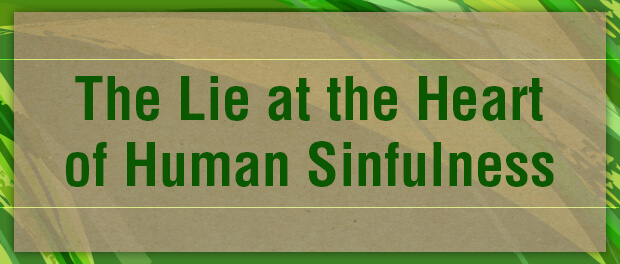
The lie at the heart of human sinfulness is that we can gain control of our existence by some action of our own and that God does not want us to have this power. God creating human beings in God’s own likeness is described in the first creation account in Genesis. But instead of accepting the friendship with God that was offered, human beings chose to enter into rivalry with God. The consequences of that disastrous choice plague our world still.
Do I harbor any distrust of God over control and power in my life? Can I pray the New Testament prayer “I believe; help my unbelief”?
—William A. Barry, SJ, in Lenten Meditations: Growing in Friendship with God
Friendship with Jesus has been central to my faith since my conversion. Perhaps because I was not raised Catholic, I haven’t had some of the same struggles with the idea of Jesus’ humanity described by those raised with more emphasis on God’s kingship. Intimacy with God has always been central to me.
However, I have a different kind of struggle, which is to surrender control to God in those areas of my life that are out of my control. In my life as a mom, teacher, wife, administrator, and household manager, I am a good at organization and balance. However, I find myself challenged when faced with events outside of my control. For example, in the aftermath of a broken friendship where my friend refused to re-engage, I found myself acting in ways that were demanding and impatient in the course of seeking reconciliation. Sometimes we have to accept loss, however difficult. Others’ responses are never in our own control.
Central to friendship with God, as with any friendship, is mutual trust. As I said recently to a companion, “I trust in God; it’s other people that can be hard to trust!” Yet trusting in God is also a matter of trusting that despite my own and others’ human limits and sin, I am gently being invited to cooperate with the God who wants to “make all things new” (Rev. 21:5). I’m learning that I have not only to offer God my own creativity and responsibility, but to make that offer freely, without trying to control God or anyone else. Not easy!
How do we do it? The old adage says, “Let go and let God.” We can offer ourselves freely to God and to others and then let go of the outcomes. For example, in service work, I cannot know whether the person whom I am serving will benefit. But I can trust that God will somehow weave my actions into a larger, meaningful pattern. Slowly I am discovering that Jesus’ story and mine are intertwined, like threads in those old friendship bracelets that we used to weave back in college. The threads of both joy and suffering are like bright threads that contribute to the pattern of our stories with God.
This is part two of a seven-part series, Growing in Friendship with God This Lent.
